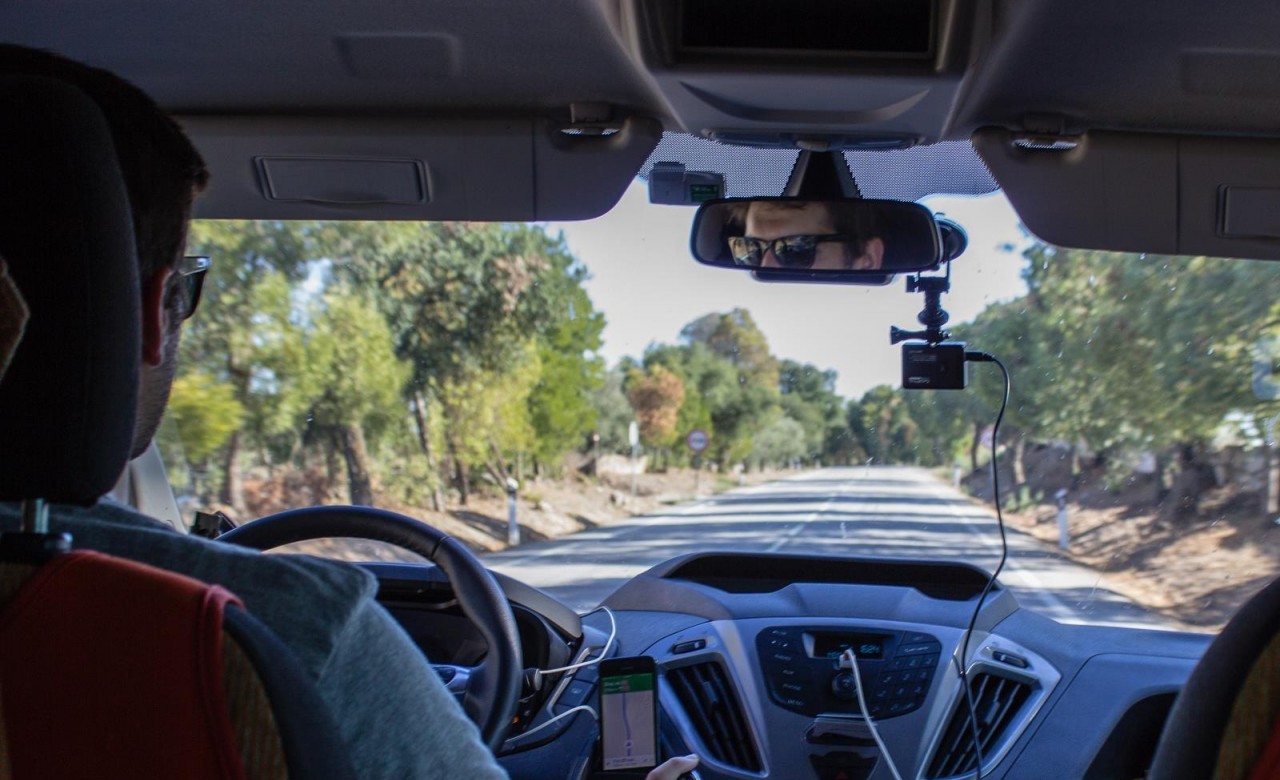Last week we were on the road for the UP AWARDS Portugal Roadshow by Sage. We went to 14 cities in 5 days to understand what’s happening across the country in terms of entrepreneurship, and shared what we’ve seen in each city.
What are the major lessons we could take from this adventure?
1 – Quality and vision
Entrepreneurship and innovation have been in the headlines in Portugal. Most cities are implementing strategies to grow their economy and retain people by supporting entrepreneurs and businesses. We knew we would find a lot of unknown projects, and in fact, we saw some interesting innovations arising and some businesses that have been conquering the market. They will be on our radar.
2 – The importance of the Universities
With few exceptions, the Science and Technology Parks and Incubators are deeply connected to the local Universities or Polytechnic Institutes. Some companies that populate them are spin-offs or are built from technologies developed within these institutions. This makes us confirm that the Universities and Polytechnic Institutes are absolutely essential for the creation of local startup ecosystems.
3 – Infrastructures versus People
Big infrastructures were built, mainly in the countryside, that provide office space and other kind of support. However, the number of innovative companies and entrepreneurs available to fill them are not enough for these spaces’ ambitions. Even though some of them are at full capacity, they receive companies in different development stages and not all of them are startups. If you think it through, the support structures are working to create conditions for the appearance of companies and to help them grow. But are the infrastructures of any use if there are no entrepreneurs? Should the structures come before the people or after? Would the companies be created anyway if there were no big buildings? Physical structures are not enough to create a thriving environment, but from what we’ve seen, we like to think they are accelerating the appearance of ecosystems, even with big buildings but low resources.
4 – The Grants saga
Most of the infrastructures we visited were built resorting to European or Governmental grants. The sustainability of most of these places is directly dependent on the maintenance of the funds and the submission of applications for grants is part of the daily tasks. The dependence is scary and the funds might be a dangerous thing. What will happen when there is no more money? Will the ecosystem grow fast enough to overcome that?
5 – Networking
Everyone talks about the value of a strong network. All the ecosystem facilitators and the Parks’ managers talked about the effort they make to connect people. However, we noticed that people are not taking the best advantage of this opportunity. Even inside the same infrastructure, they wouldn’t know each other and the events are not necessarily a bestseller.
6 – Startup, Company or Self-employment
There are several definitions for the same terms and not all of them are consensual, we understand that. However, we noticed people still mix the concepts “startup”, “company” and “self-employment”. Not all new companies are startups, not all startups are already companies. Creating your own job doesn’t necessarily mean you own a startup.
7 – The connection to the local industries
Some regions are traditionally connected to specific industries. It is interesting to see that the new companies populating the Technology Parks show a tendency to be connected to those industries, providing services and products to the more mature companies of the ecosystem.

